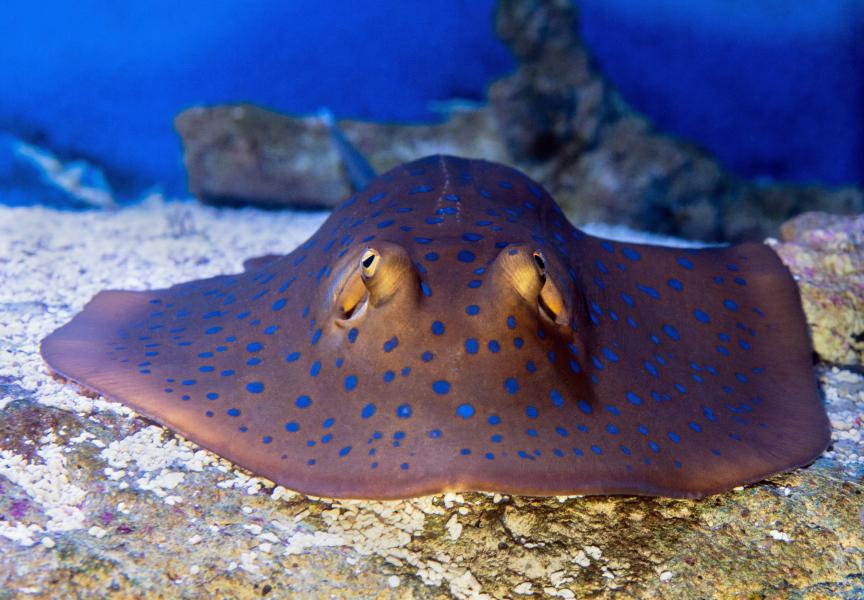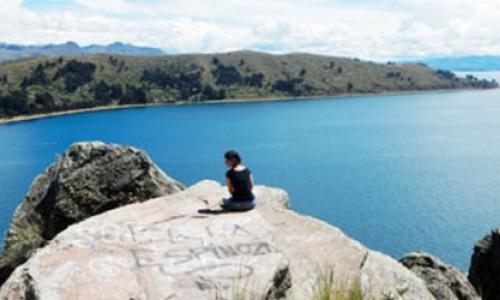
When considering university applications during my final year at high school, I was initially undecided whether I should choose to study in Canada (where I was born) or in the UK (where I grew up). One of the primary reasons I chose to come to SFU was because of the co-op program and the incredible opportunities it offered. I craved the related work experience and could see nowhere else that such a possibility existed. I am now in my third year, have completed two work terms, and am beginning to realize that my beliefs back then about what co-op could offer only scratched the surface of what is really available to students. One area about which I was previously unaware, but have now come to take full advantage of, is Self-Directed Placement.
I began my co-op career by going through the standard process of searching the jobs available, picking those I liked and then putting together various application packages containing resumes and cover letters. To my delight, I was soon matched with a job and I completed my first work term with Environment Canada in the spring of 2004. While this position was an incredible experience and I enjoyed every minute of it, it had become apparent to me, while in the process of searching, that I had specific ideas about what I wanted to accomplish through co-op. More than anything I wanted to do fieldwork, and if this could be combined with research, then all the better. Unfortunately, this combination naturally points towards academia, and there aren't too many funded positions available for undergraduate students. Furthermore, I wanted to travel, and preferably somewhere with incredible natural beauty and a favorable climate. You may be thinking me far too fussy, but through a stroke of good luck and a willingness to take an opportunity when it came along, I got exactly what I wished for, and more.
While in a work-study position in the fall of 2003, it was mentioned in a discussion with the graduate student with whom I was working, that his girlfriend was a PhD student studying the impacts of tourism on a group of wild stingrays in the Cayman Islands. Immediately, visions of the crystal blue waters, multicolored fish and palm trees came to my mind. "Did she ever need field research assistants?" was the first sentence to cross my lips. As it turned out, she did, and suddenly my dreams about the ideal co-op position didn't seem so far-fetched after all.
Unfortunately, as is often the case with researchers, money is difficult to come by and I was informed that I could be offered no funding. With financial restrictions so often a barrier to students, I was determined not to let it drive this opportunity away. To my rescue came NSERC (National Science and Engineering Research Council), the national funding body for research in Canada. They offer an incredible scholarship called the Undergraduate Student Research Award, which basically provides $6000 of funding to support a promising student looking to become involved in research. Within a month, I not only had the dream co-op position, I also had the funding to allow me to do it. All I needed now was my swimming trunks and sun tan lotion.
In the summer of 2004, I spent the majority of my time on a boat in the Caribbean as part of my second co-op work term. Our research team would spot, follow, catch, weigh, measure, pit-tag, blood sample, visually inspect and skin sample Southern Stingrays (Dasyatis americanus), both in wild sites around the island and at a location called Stingray City, where tourists fed the rays. On the odd days that we weren't on the water, we would be conducting questionnaire surveys of cruise ship tourists who were visiting the stingray feeding attraction.
On top of this incredible research, I had the chance to explore a new country. Our spare time would be spent snorkeling and scuba diving on the coral reefs, visiting the many tourist attractions on the island, scrambling through the native forests in search of interesting flora and fauna and then of course, sipping a Pina Colada whilst watching the sunset or reading a book whilst chilling in the hammock. "It can't get much better" was the thought usually on my mind as I finally hit the sack after a long day.
After such an incredible opportunity, I am thoroughly convinced that self-directed placements are the way to go and I am currently in the process of trying to arrange my next one this summer. It seems that my eyes have been truly opened to the possibilities out there and everywhere I look, I find myself thinking; "there's an opportunity for a wicked co-op placement." Dare to dream, be willing to chase, and your perfect co-op could be just around the corner.















